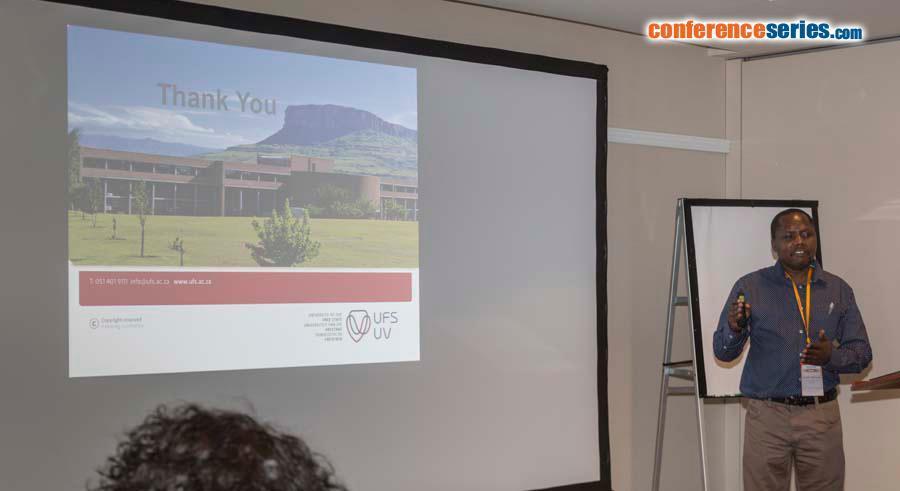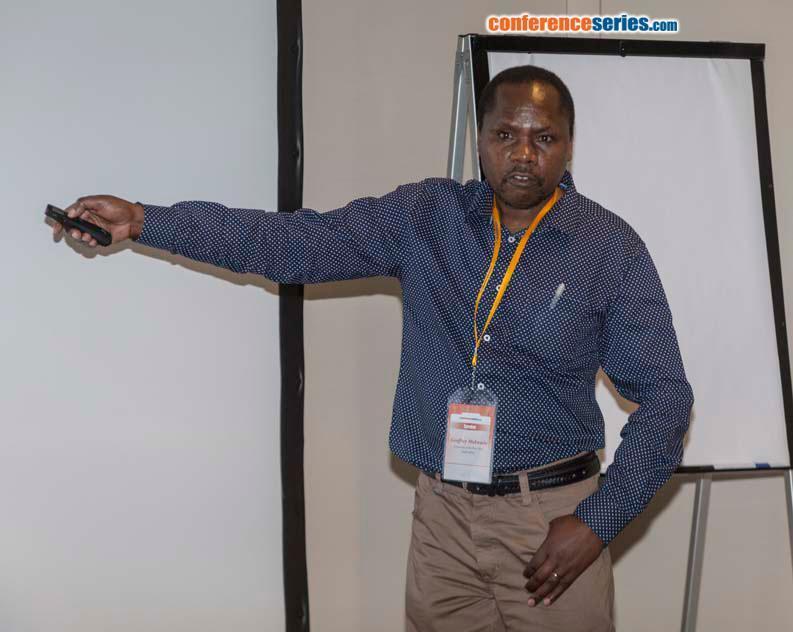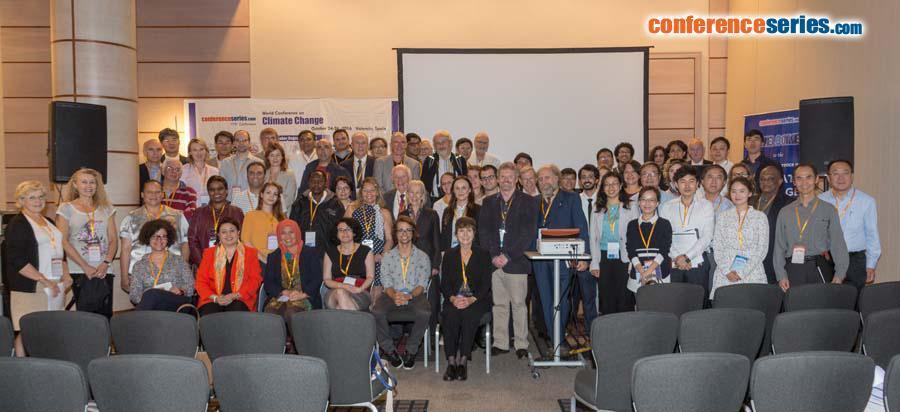
Geoffrey Mukwada
University of the Free State, South Africa
Title: Spatiotemporal variability of climate change in the Free State province of South Africa
Biography
Biography: Geoffrey Mukwada
Abstract
This paper uses gridded precipitation and temperature data to determine if climate change has occurred in the Free State Province of South Africa, in order to generate reliable information for development planning in the province. Gridded precipitation and temperature data, as well as data on drought indices for the 1960-2013 period were extracted from Climate Explorer and analyzed using ArcGIS (Version 10.3) and Statistical Package for the Social Sciences (Version 23), as well as shift detection software, first to ascertain if climate change has occurred in the province, and secondly to determine the spatiotemporal characteristics of the changes (if any). Regime Shift Detection Software was used to determine epochs from data extracted from equidistantly spaced grid points within and around the Free State Province, while Hot Spot Analysis was undertaken in an ArcGIS environment to identify climate related spatial patterns. A comparative analysis of the resultant epochs and spatial groupings revealed an average temperature shift of 0.6°C since 2003, while GiZ-Scores from Hot Spots Analysis indicated the existence of five categories of regions within the province, each with its own spatiotemporal characteristics. When Principal Component Analysis was performed on precipitation data for each epoch, the results showed a strong correlation between the climatic conditions in the regions with ENSO. The study therefore concludes that the climate change that has occurred in the province has been induced by exogenous forces. This reality needs to be considered when developing mitigation measures to combat climate change related challenges in the province.
Speaker Presentations
Speaker PDFs
Speaker PPTs Click Here



